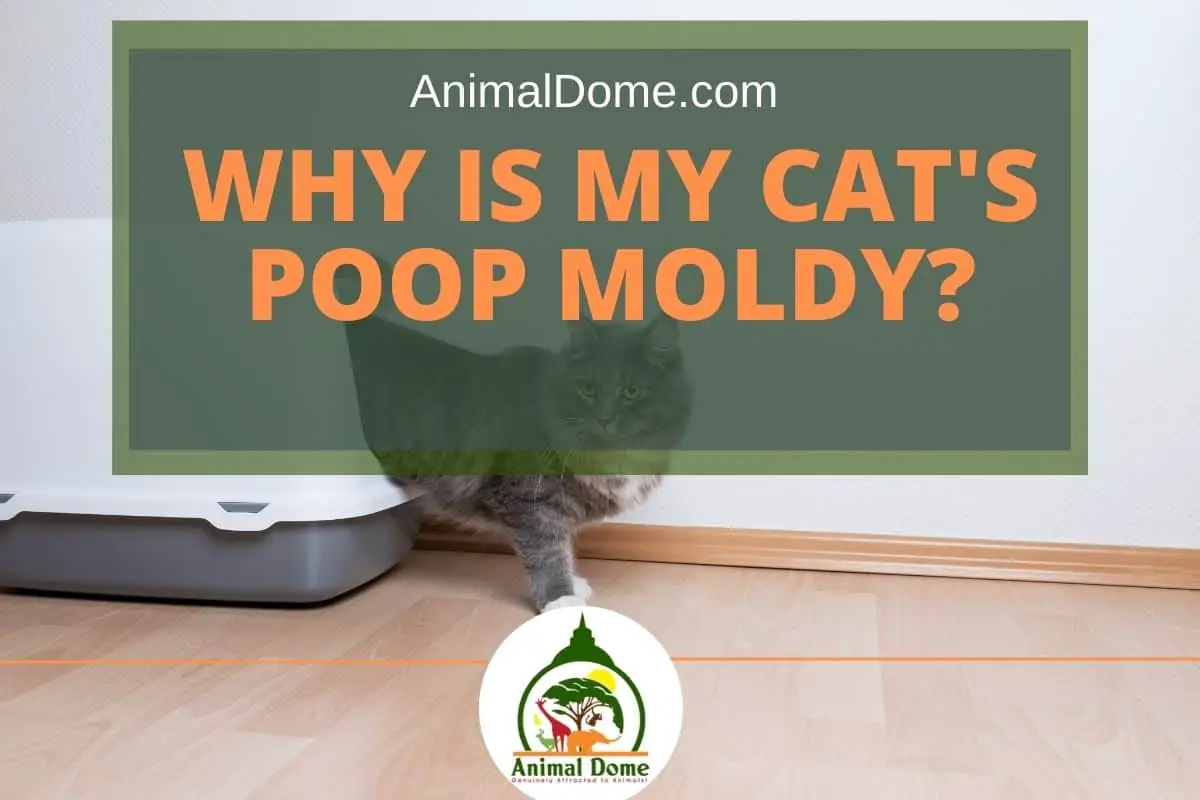Have you ever taken a close look at your cat’s poop? You may have noticed that it can sometimes be a bit moldy at times. But why is this? What does it mean for your cat’s health?
While this may seem strange, it’s not uncommon. There are a few possible reasons for moldy poop, the most common of which is a change in diet. Cats are susceptible to changes in their food, and even minor variations can cause digestive problems. If your cat recently started eating a new type of food or changed brands, this could be the culprit.
This blog post will take a closer look at the mysterious world of moldy cat poop and what it means for your furry friend. Stay tuned!
Reasons Why A Cat’s Poop Would Be Moldy
There are a few reasons why your cat’s poop might be moldy.
Change in Diet:
The most common cause is a change in diet, as we mentioned before. Cats are very sensitive to changes in their food, and even small variations can cause digestive problems. If your cat recently started eating a new type of food or changed brands, this could be the reason for the moldy poop.
Dehydration:
Another possibility is that your cat is not drinking enough water. Mold needs moisture to grow, so if your cat is dehydrated, this could lead to moldy poop. Dehydration can be caused by many things, including illness, heat exposure, or simply not having access to fresh water. If you suspect that your cat is dehydrated, please take them to the vet as soon as possible.
Your Cat’s Stomach Is Sensitive:
Finally, some cats have sensitive stomachs prone to digestive problems. If your cat has had moldy poop, it will likely experience it again at some point. While this may be frustrating, there is no need to worry – moldy poop is usually not a sign of a serious health problem.
How Can I Prevent My Cat’s Moldy Poop?
The best way to prevent moldy poop is to feed your cat a high-quality diet and ensure they have access to fresh water. If you change your cat’s food, do so gradually to give its digestive system time to adjust. And if your cat is prone to dehydration, talk to your vet about ways to prevent it.
Moldy poop is usually not a cause for concern, but if you are ever worried about your cat’s health, please consult a veterinarian. They will be able to give you the best advice for your feline friend. Thanks for reading!




